Maximize your creativity and unleash a new perspective on your photography with the lensball!
Whether taking portraits, landscapes, detail shots, wedding photography, sports images, or travel photos, the crystal ball can help create stunning, unique imagery.Noted photographer Marvin Lei covers everything needed for taking spectacular refraction images including:
Choosing...
Read More
The Lensball Photography Handbook
The Ultimate Guide to Mastering Refraction Photography and Creating Stunning Images
Marvin Lei
Ebook, Photography, Print, Print and digital bundleMaximize your creativity and unleash a new perspective on your photography with the lensball!
Whether taking portraits, landscapes, detail shots, wedding photography, sports images, or travel photos, the crystal ball can help create stunning, unique imagery.Noted photographer Marvin Lei covers everything needed for taking spectacular refraction images including:
- Choosing the right equipment
- Shooting techniques
- Image processing tips
- Unique photo prompts and ideas
The Lensball Photography Handbook teaches all the ingenious tips and tricks and techniques for getting the most out of your ball.
Read Less
- Print and eBook Bundle: $24.99
- Print Book: $14.95
- eBook: $11.99
| BOOK AUTHOR | Marvin Lei |
|---|---|
| PAGE COUNT | 112 pages |
| TRIM SIZE | 7x9in |
| COVER | Soft Cover- without flaps |
| ISBN | 9781681985787 |
| PUBLISH DATE | 04/2022 |
- IntroductionChapter 1: Lensball Equipment
- Chapter 2: Methods for Holding and Positioning Lensball
- Chapter 3: Lensball Optics and Technique
- Chapter 4: Lensball Shooting Guide
- Chapter 5: Post-processing Tips
3 reviews for The Lensball Photography Handbook
Add a review Cancel reply
You must be logged in to post a review.
Related products
-
The Fujifilm X100F
Camera Brands, Ebook, Fujifilm, Photography, Print, Print and digital bundle This product has multiple variants. The options may be chosen on the product page $22.99 – $34.99Price range: $22.99 through $34.99The Fujifilm X100F
Camera Brands, Ebook, Fujifilm, Photography, Print, Print and digital bundle This product has multiple variants. The options may be chosen on the product page $22.99 – $34.99Price range: $22.99 through $34.99 -
The Enthusiast’s Guide to Photoshop
Ebook, Enthusiast's Guides, Image Editing, Photography, Photoshop, Print, Print and digital bundle This product has multiple variants. The options may be chosen on the product page $19.99 – $34.99Price range: $19.99 through $34.99The Enthusiast’s Guide to Photoshop
Ebook, Enthusiast's Guides, Image Editing, Photography, Photoshop, Print, Print and digital bundle This product has multiple variants. The options may be chosen on the product page $19.99 – $34.99Price range: $19.99 through $34.99 -
David Busch’s Canon EOS Rebel T7i/800D Guide to Digital SLR Photography
Camera Brands, Canon, David Busch, Ebook, Photography, Print, Print and digital bundle This product has multiple variants. The options may be chosen on the product page $31.99 – $49.99Price range: $31.99 through $49.99David Busch’s Canon EOS Rebel T7i/800D Guide to Digital SLR Photography
Camera Brands, Canon, David Busch, Ebook, Photography, Print, Print and digital bundle This product has multiple variants. The options may be chosen on the product page $31.99 – $49.99Price range: $31.99 through $49.99 -
The Enthusiast’s Guide to DIY Photography
Ebook, Enthusiast's Guides, Photography, Print, Print and digital bundle, Specialized Topics This product has multiple variants. The options may be chosen on the product page $19.99 – $34.99Price range: $19.99 through $34.99The Enthusiast’s Guide to DIY Photography
Ebook, Enthusiast's Guides, Photography, Print, Print and digital bundle, Specialized Topics This product has multiple variants. The options may be chosen on the product page $19.99 – $34.99Price range: $19.99 through $34.99
Related products
-
The Fujifilm X100F
Camera Brands, Ebook, Fujifilm, Photography, Print, Print and digital bundle This product has multiple variants. The options may be chosen on the product page $22.99 – $34.99Price range: $22.99 through $34.99The Fujifilm X100F
Camera Brands, Ebook, Fujifilm, Photography, Print, Print and digital bundle This product has multiple variants. The options may be chosen on the product page $22.99 – $34.99Price range: $22.99 through $34.99 -
Out of stock
The Enthusiast’s Guide to Travel Photography
Ebook, Enthusiast's Guides, Photography, Print, Print and digital bundle, Specialized Topics, Travel This product has multiple variants. The options may be chosen on the product page $19.99 – $34.99Price range: $19.99 through $34.99The Enthusiast’s Guide to Travel Photography
Ebook, Enthusiast's Guides, Photography, Print, Print and digital bundle, Specialized Topics, Travel This product has multiple variants. The options may be chosen on the product page $19.99 – $34.99Price range: $19.99 through $34.99 -
The Landscape Photographer’s Guide to Photoshop
Ebook, Image Editing, Landscape, Photography, Photoshop, Popular Techniques, Specialized Topics This product has multiple variants. The options may be chosen on the product page $39.99 – $59.99Price range: $39.99 through $59.99The Landscape Photographer’s Guide to Photoshop
Ebook, Image Editing, Landscape, Photography, Photoshop, Popular Techniques, Specialized Topics This product has multiple variants. The options may be chosen on the product page $39.99 – $59.99Price range: $39.99 through $59.99 -
David Busch’s Canon EOS Rebel SL2/200D Guide to Digital SLR Photography
Camera Brands, Canon, David Busch, Ebook, Photography, Print, Print and digital bundle This product has multiple variants. The options may be chosen on the product page $31.99 – $49.99Price range: $31.99 through $49.99David Busch’s Canon EOS Rebel SL2/200D Guide to Digital SLR Photography
Camera Brands, Canon, David Busch, Ebook, Photography, Print, Print and digital bundle This product has multiple variants. The options may be chosen on the product page $31.99 – $49.99Price range: $31.99 through $49.99

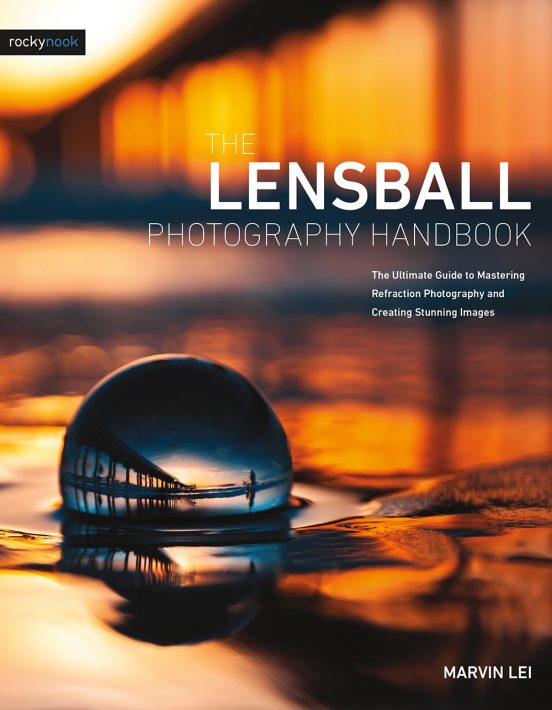

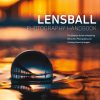
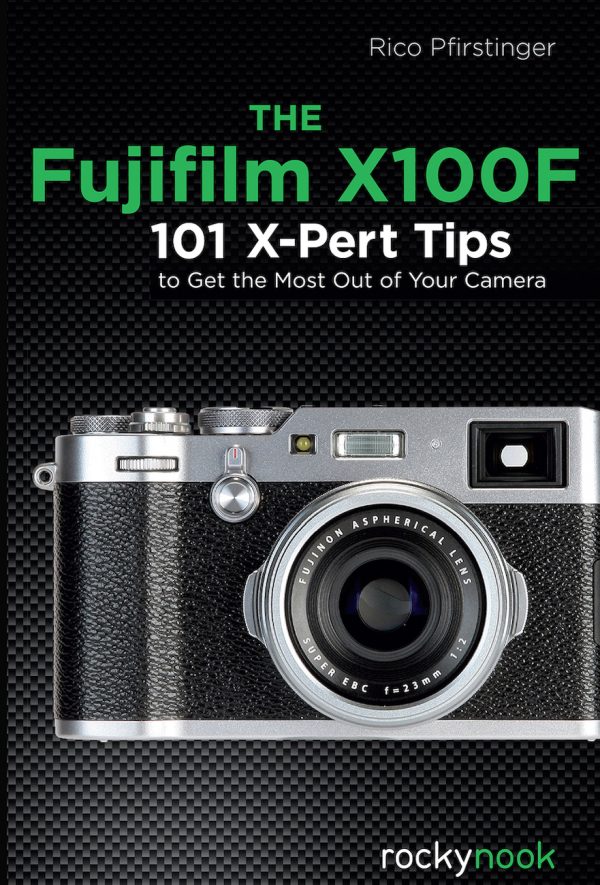
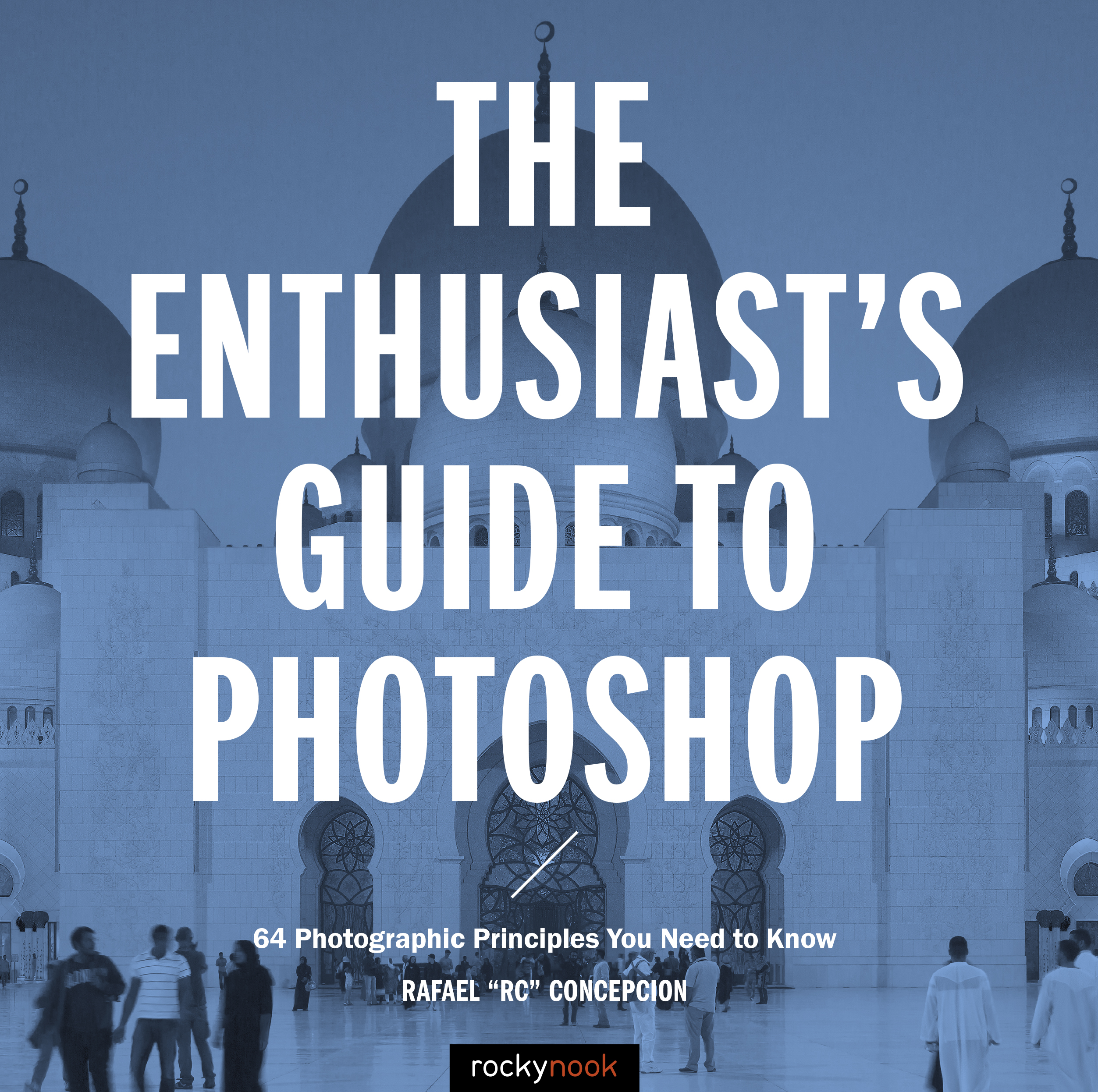
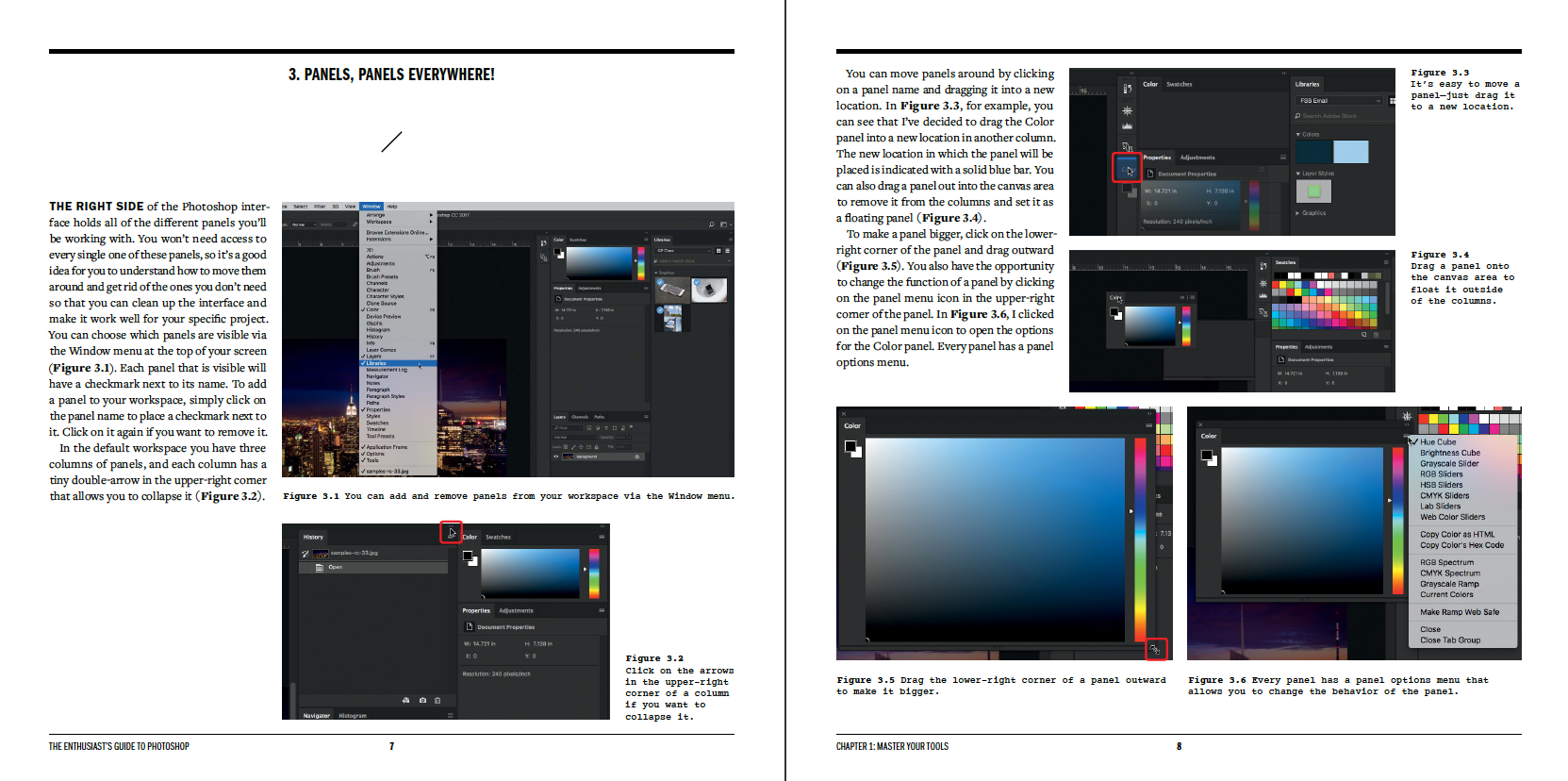
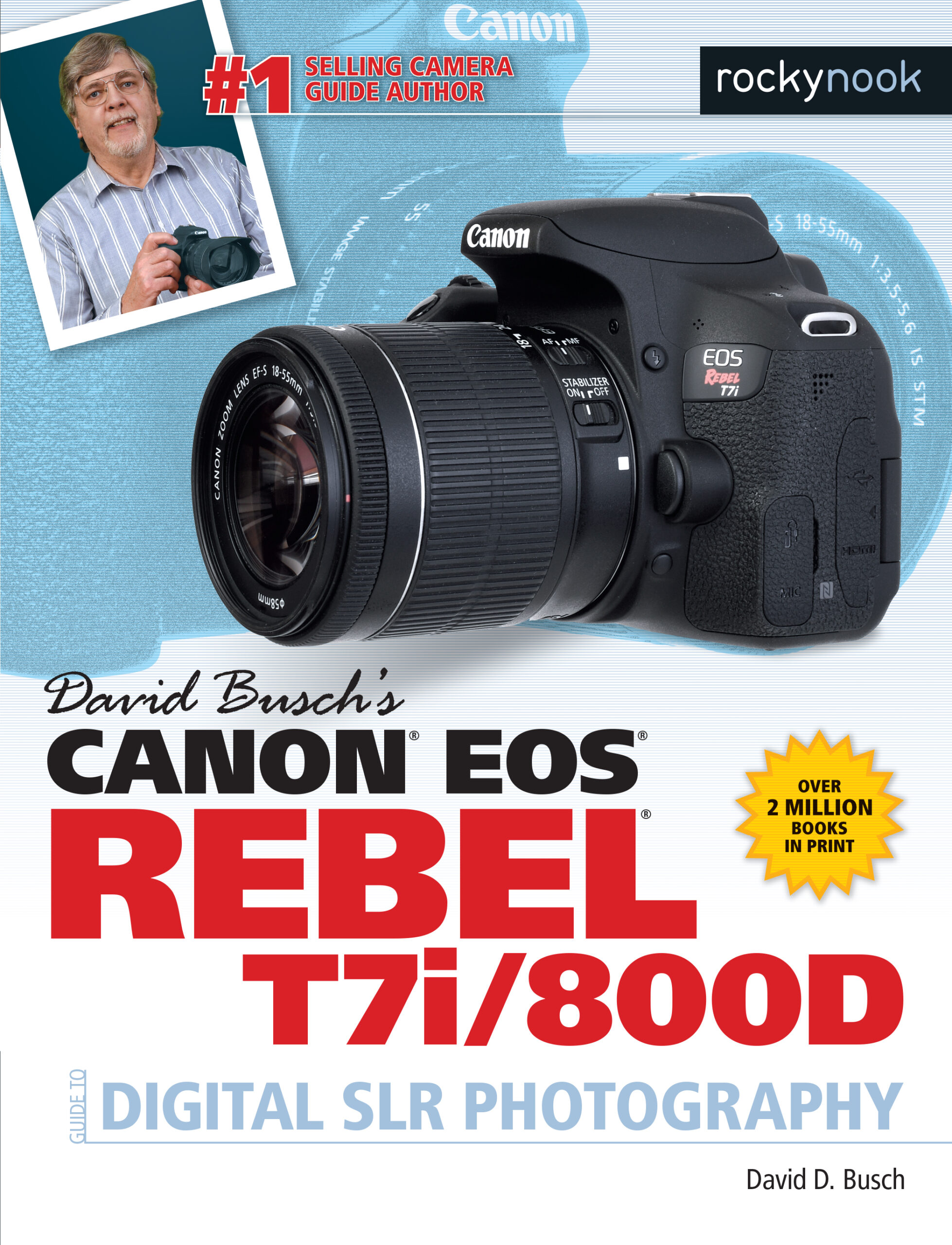
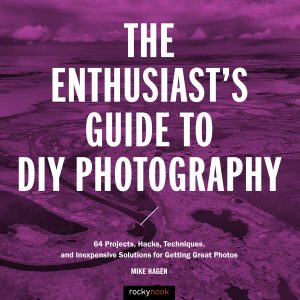
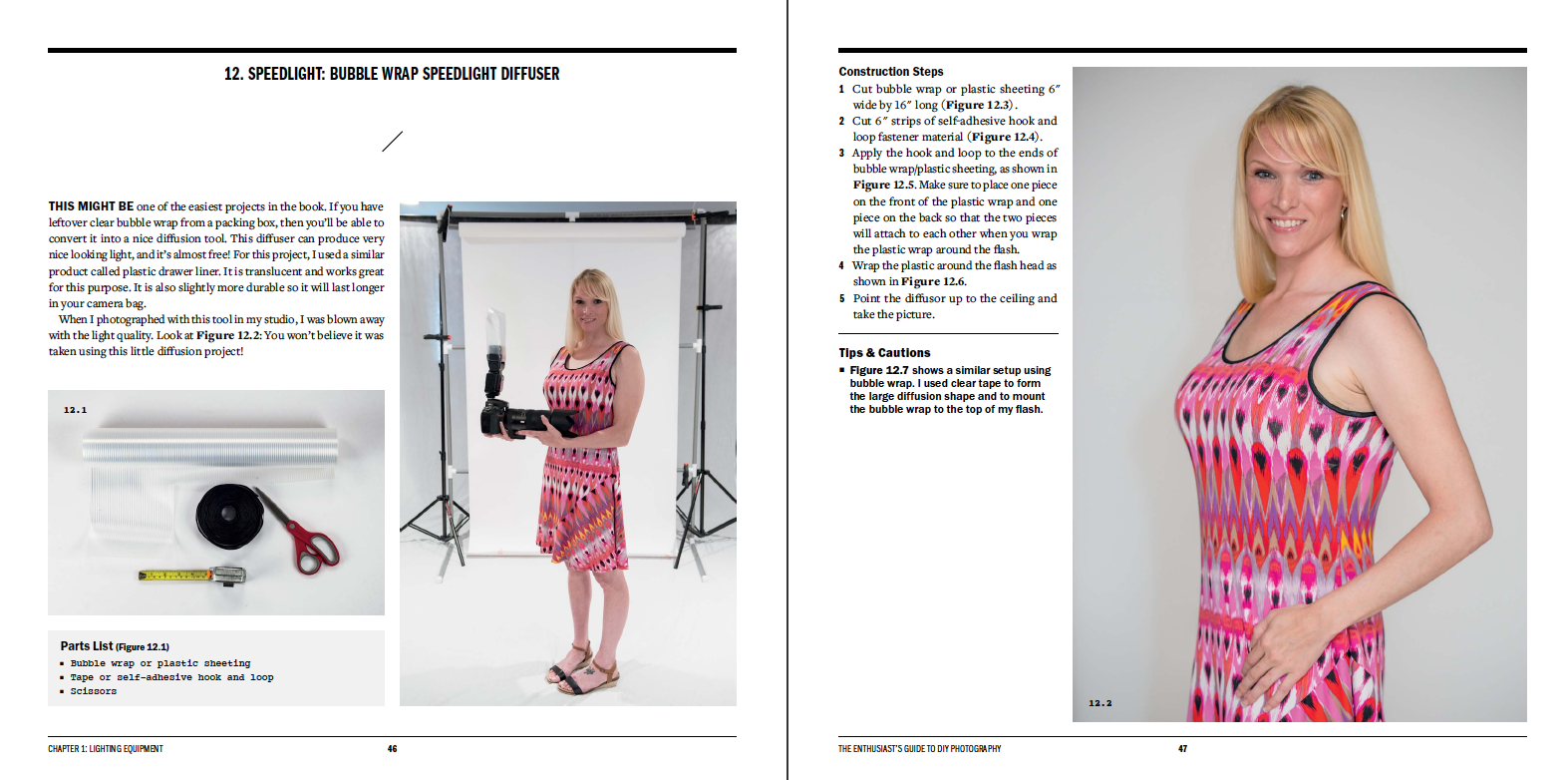

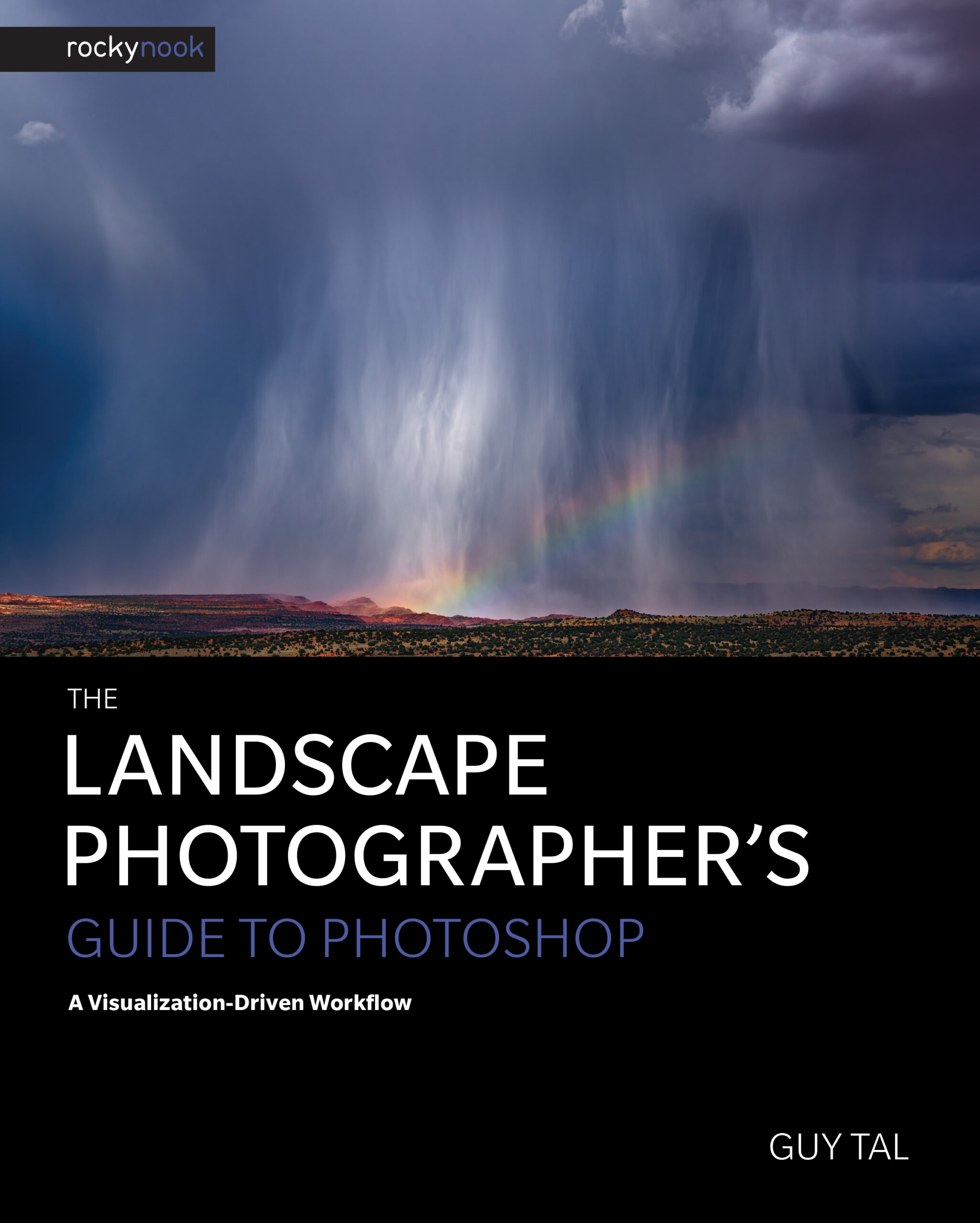
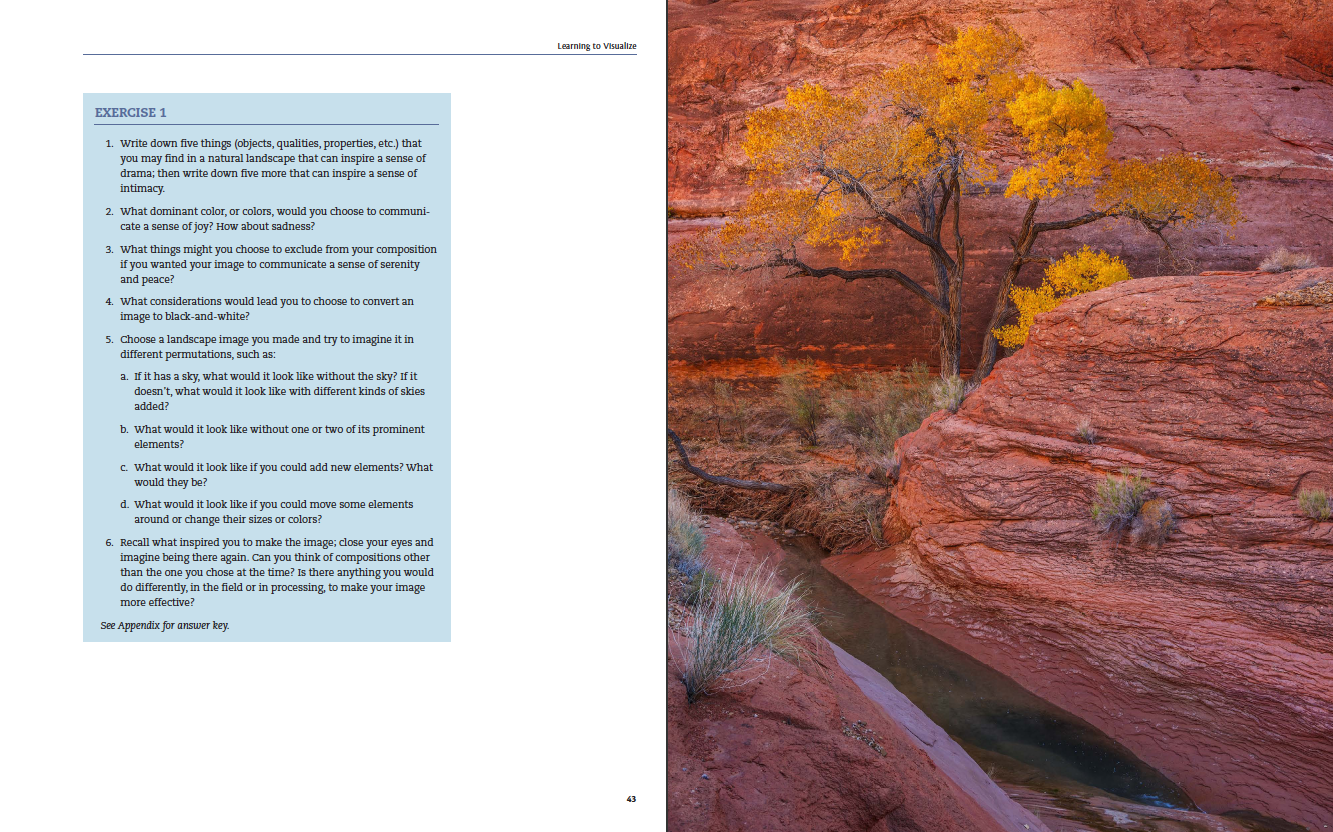
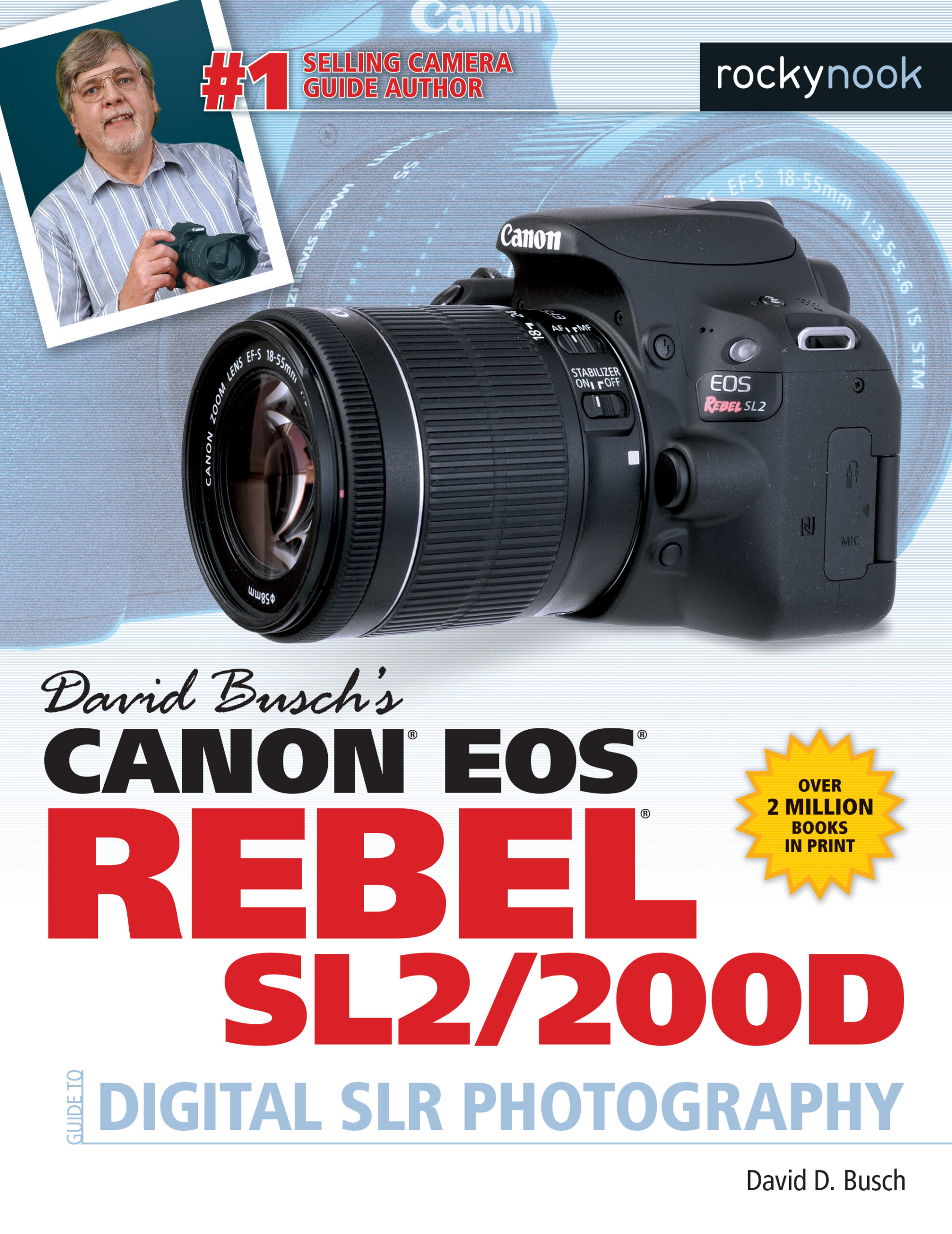
Gloria
The author is both imaginative and a good writer, which makes this book indispensable if you’re going to shoot with a lens ball. This book promises to be fun and useful. I have a lens ball but have not learned to use it yet so I look forward to reading this manual. For starters, I did not know it was called refraction photography!
I appreciate that Lei tells us right up front how and why to choose a particular lens to use with the lens ball. Saves us from a lot of trial and error and he does a thorough and totally understandable job of explaining the options to us. His section on color-matching is great, too. I don’t think I would have foreseen this issue when using two images to create a lens ball photo. I also appreciate that the author uses his actual color photos to demonstrate what he’s talking about.
I especially enjoyed and learned a lot from Lei’s chapter on how to capture the essence of a city with lens ball photography. Superb examples and thorough explanation of how to achieve them.
The author, toward the end of this well done manual, includes a section on post-processing of your lens ball photos. I especially enjoyed his explanation of how to “turn your world upside down“. And who, these days, wouldn’t want to know how to use a lens ball to create a unique and audience-pleasing selfie?
The author also gives useful explanations of the use of light with shooting through a lens ball, and a very good piece on composition. This is more than I would have thought I would get in a how-to book on lens ball photography. I am very happy with it and look forward to some novel images to share with my friends.
jefforns
The Lensball Photography Handbook
I have always experimented with my photography and one application I have not yet tried is the use of the Lensball. Wow! I have been missing lot of great images. Since most of my work is with nature and landscapes this new artform will be really special in my photography.
The author, Marvin Lei, has a wonderful style of writing and is really technical with this apparatus. His explanations of the science and accompanying lenses, the use of color and composition along with the magnificent photos that accompany each article explain it all. His explanations of the post processing of Lensball image are well worth reading as it will save a lot of time.
I would recommend this book for any photographer’s library. I ordered my lensball last night!
wepsphoto
This book, along with a lensball, would be the perfect gift for the creative photographer seeking new challenges.
The Lensball Photography Handbook explores the art and science of shooting with the lensball. Clearly written by a professional but clearly for anyone familiar with basic camera operations, the book walks you through basics of exposure, focus, composition, lighting and even post-processing with both general information but then focused specificity of shooting the lensball. Beautifully illustrated with the author’s own images (including set up, shooting, out-of-camera and retouched examples), this is a superb step-by-step introduction to a new way of seeing, shooting and processing the world.
Lei’s chapter on composition is probably the most concise I’ve read in any photography book, and though he is referencing the lensball throughout, the ideas and compositional suggestions apply to all photography. Not only is the Lightroom overlay collection illustrated, but Lei explains the theory behind visualizing photos with each overlay in mind. The result is a better sense of when each overlay is best utilized.
Another fantastic chapter explains a brief, easy-to-follow Lightroom post-processing workflow. And if you don’t catch it before he calls your attention to it, many of his photos feature the subject in the lensball right-side-up rather than the upside-down orientation that will be captured when shooting. Another simple, step-by-step lesson, this time in Photoshop, empowers even the most novice Photoshop user to flip the lensball’s image 180 degrees.
Finally, unlike many photo books, this one requires that you have a camera and a lensball- that’s it. You’re not discouraged by a list of additional peripherals needed to shoot lensball photography; indeed, the only additional items he discusses are a lensball case, cleaning wipes, and a mini tripod. Refreshing from those GAS-inducing books that abound.
In a nutshell, an easy read, a creative challenge, and the introduction to yet another way of shooting your world.